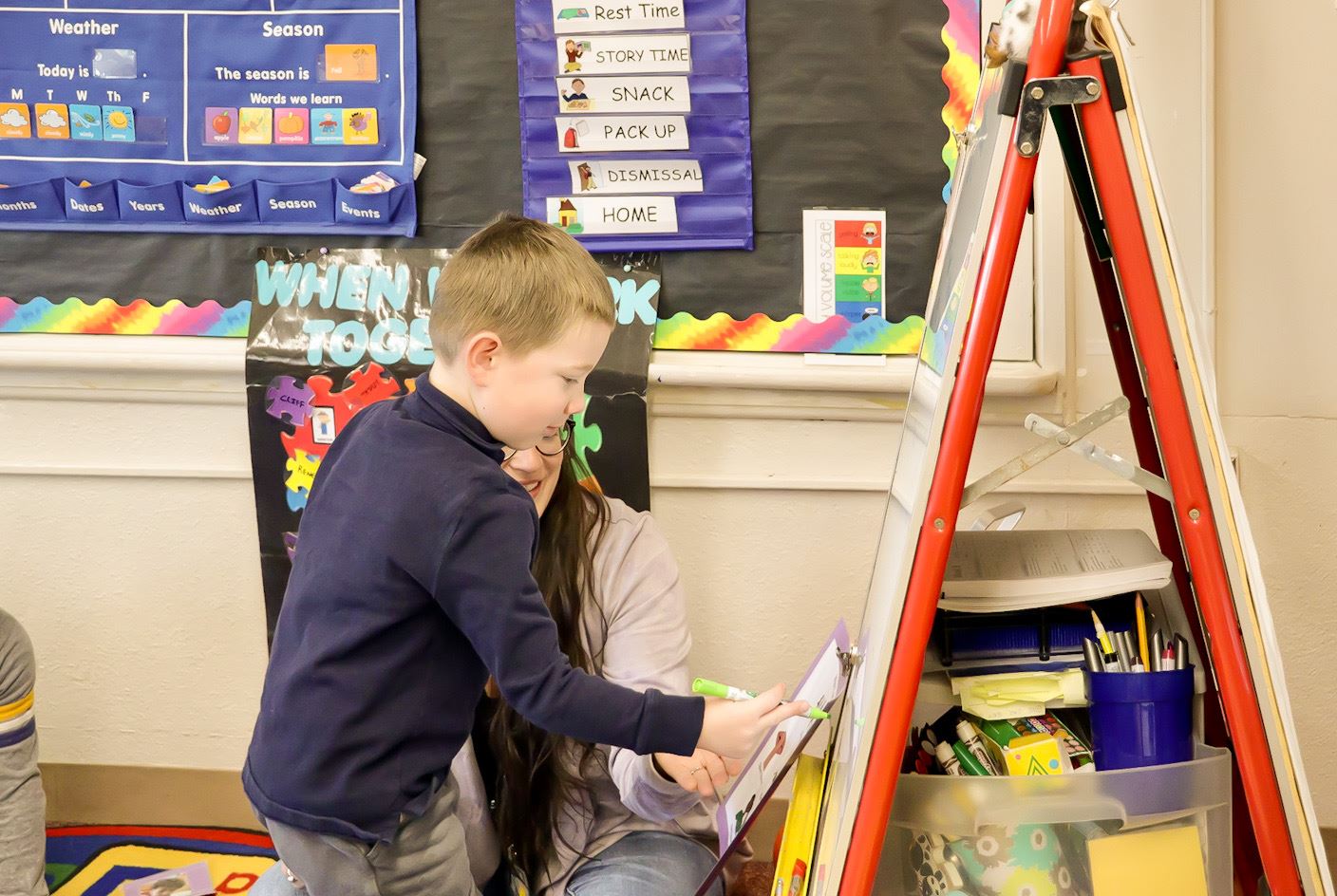- William Pittaway School
- Teaching Philosophy
Meet the Director
Page Navigation

-
Our Statement of Philosophy for Curriculum and Learning Effectiveness
Our program is designed to promote the social, emotional, physical and cognitive development of our young children by offering a curriculum that encourages active involvement with “hands-on” experiences. We provide age and developmentally appropriate materials and equipment to emphasize concrete learning. Emphasis is on the process rather than the product. This enables us to achieve goals in several major areas.
Language Development
Language and communication skills are a major part of the curriculum. We encourage the child to ask questions, tell stories, recite poetry, and take part in dramatic play. There is ongoing encouragement to verbalize feelings during play and group time.
Self-Help Skills
These skills enable the child to develop confidence, independence, and self-esteem. Activity centers are designed to allow for choices.
Positive Self-Concept
It is important for an Early Childhood program to establish an environment that will foster and develop a self-image that is positive, leading to the pro social types of behavior that we strive for in home and school environments. Self-confidence in a child is a cornerstone for future competence and success.
Learning Through Play
This purposeful activity has an enormous influence on a child's development. Play combines fun with function, and in the process fosters joy in learning. Often, play is self-directed and engages a child in activities which are important to language and social development.
-
Our curriculum is a reflection of the Massachusetts Board of Education Guidelines for Preschool Learning Experiences that is based on the standards for PreK–K in the approved revisions of the Massachusetts Curriculum Frameworks. These guidelines structure learning through play and meaningful activities in a developmental sequence.
They are intended to provide continuity of curriculum from preschool into kindergarten and to ensure that all children are provided with experiences that develop needed skills and knowledge in all content areas including English Language Arts, Mathematics, Science and Technology/Engineering, History and Social Science, Health Education and the Arts.

